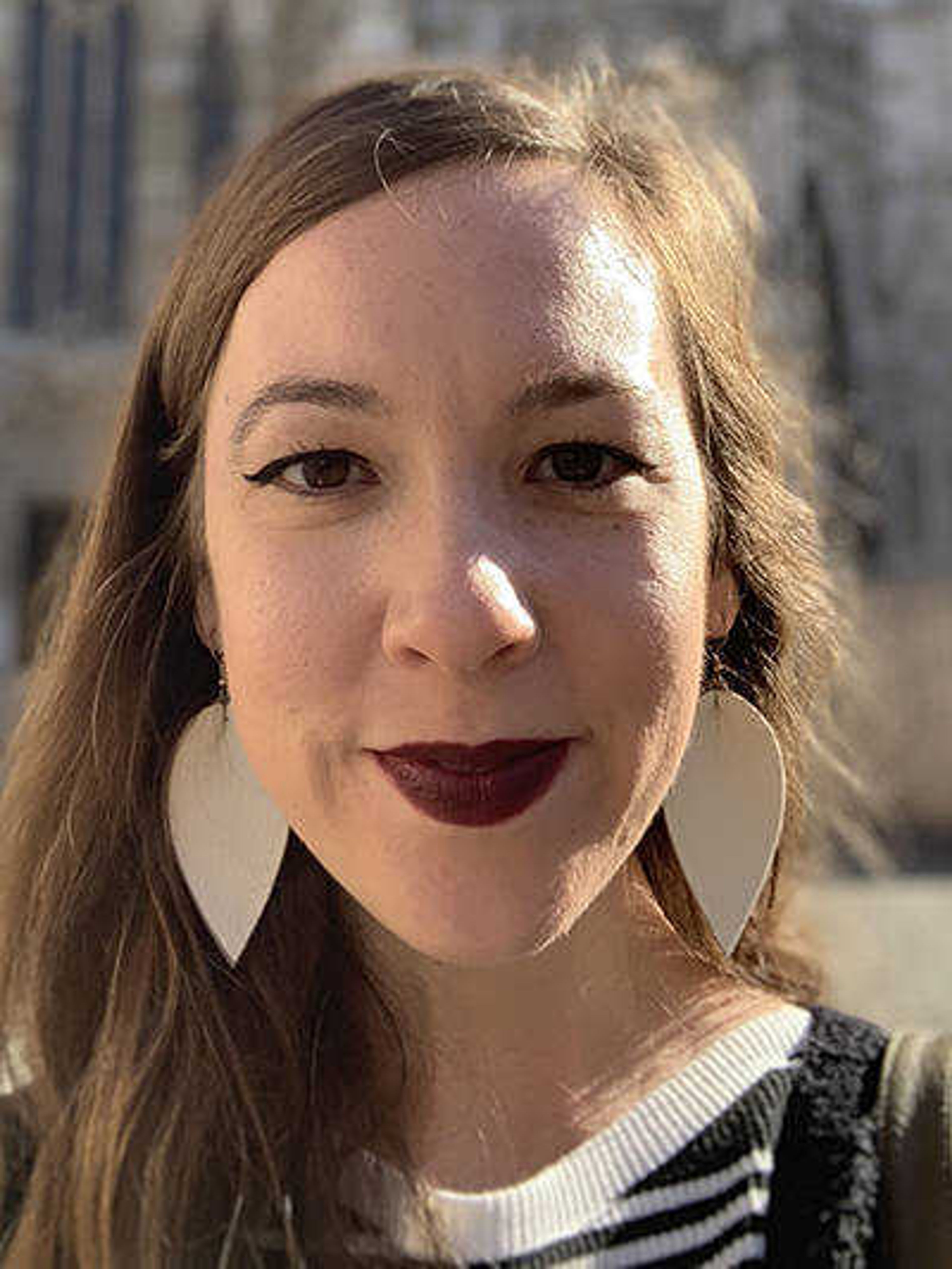All the same in God's eyes
Today, I am placing myself in a setting told in one of the Gospel stories. I am in the marketplace. It is busy, crowded, colorful. There are people selling, yelling and interacting. I stand idle. I have nothing to add, nothing to engage me with these other people, no excuse to engage with them. ...
By Mia Pohlman
Today, I am placing myself in a setting told in one of the Gospel stories.
I am in the marketplace. It is busy, crowded, colorful. There are people selling, yelling and interacting. I stand idle. I have nothing to add, nothing to engage me with these other people, no excuse to engage with them. I am the one who is asking -- for work. I'm looking for the chance to use myself, my time, to bring about progress, to earn money that can provide for me and bring me in to interactions with those in the marketplace. I have been here all day. I am waiting for someone to want me.
"Why do you stand here idle all day?" asks a man. He is the landowner.
"Because no one has hired us," I say. It is late in the day, but he sends me to his vineyard.
After an hour, he pays me for a full day's work, and through this gives me a way to enter into relationships with those in the marketplace, to sustain others who are working through what I have worked for. He provides for me.
This story of the workers in the vineyard in Matthew 20:1-16 is a hard one, I think, and also a freeing one. The landowner gives those who arrived last their full day's wages first, the same amount that he gives to those who arrived at the beginning of the day. This gesture is a gift to both groups of people -- the late-arrivers get freed from their poverty, the early-arrivers get freed from their sense of entitlement and "deserving" better things, privilege that leads to comparison, envy and hardened hearts that don't want others to have good.
My friend Father Bill always said that expectations are pre-packaged resentment -- you can't "should" all over somebody. Everything is from God and for Jesus; anything that happens to land in our laps is a gift, and we have to hold it with open hands and treat it as such.
In addition to being freed from their poverty, the late-arrivers receive something else: They are treated as equals to the ones who arrived early, and even used to teach these people and free the early-arrivers from the envy and entitlement that binds them in chains. The late-arrivers are made first even though they were last so that the first can see that the last are part of the community, too.
I think this is one of Jesus' hallmarks: he always brings people into the community. He admonishes and forgives sins in the presence of the community to get rid of stigma, to welcome a person back into the group and show those who have shunned the sinner that this person belongs and should be treated as a member.
He calls us to work so we no longer have to stand idle in the marketplace. Let's treasure this call, no matter what time of the day it comes. And let's rejoice when others come to join us in the work later on and receive the same provision of being needed, called, wanted and loved.
Connect with the Southeast Missourian Newsroom:
For corrections to this story or other insights for the editor, click here. To submit a letter to the editor, click here. To learn about the Southeast Missourian’s AI Policy, click here.










